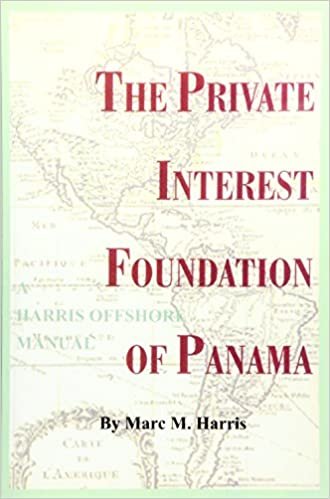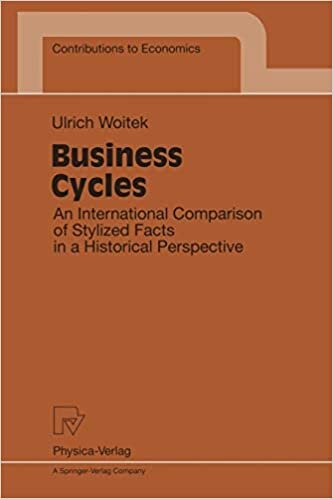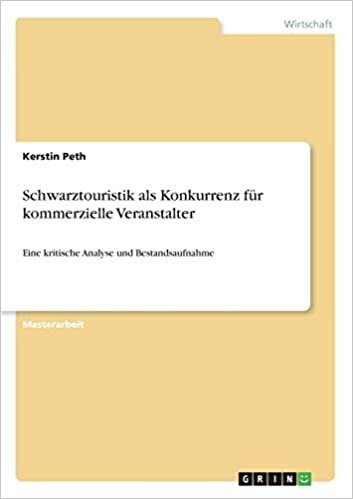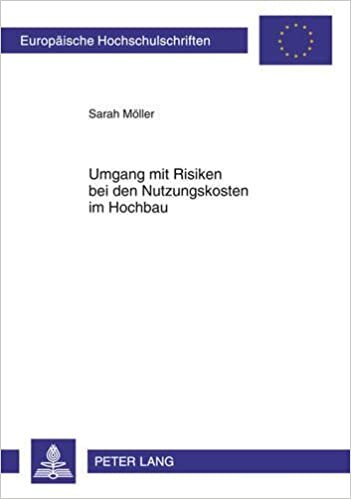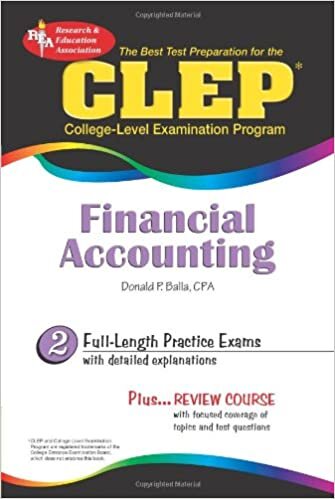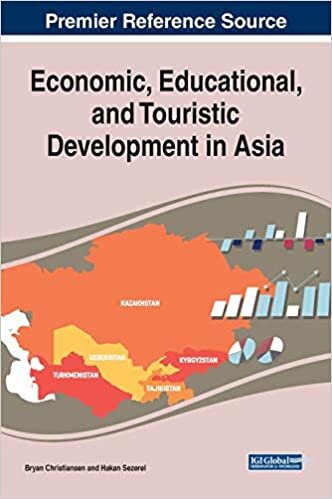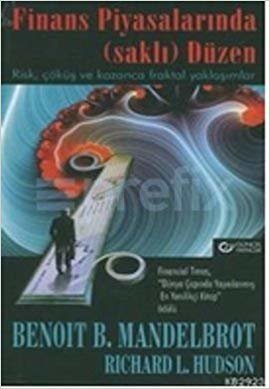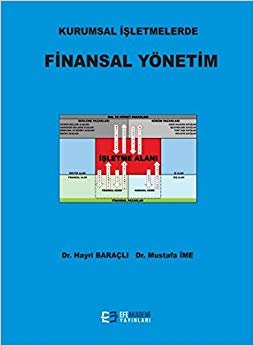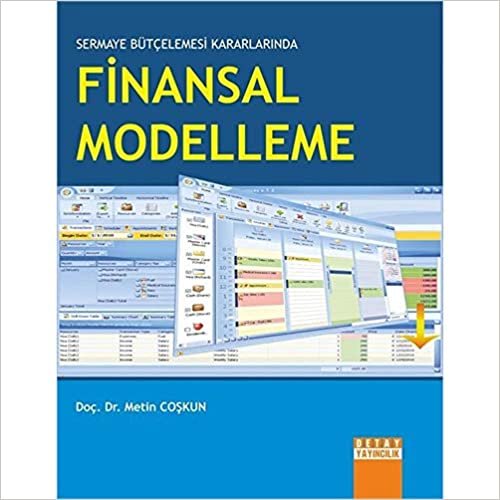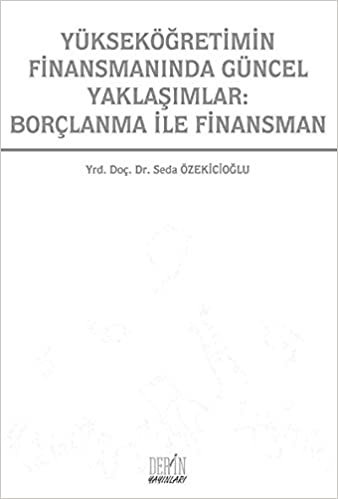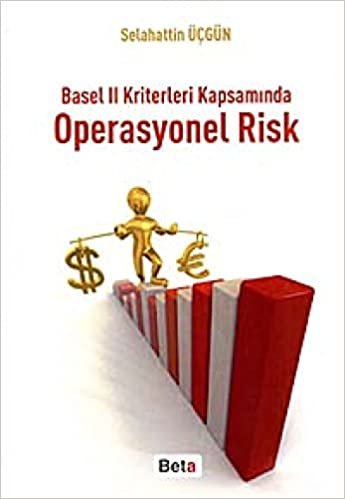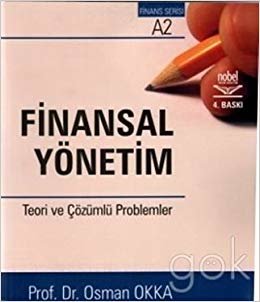Marc M. Harris The Private Interest Foundation of Panama (Harris Offshore Manual) djvu
itibaren Marc M. Harris
Kitap açıklaması
The Republic of Panama is recognized worldwide as a financial service provider. Seventy percent of Panama's economy is derived from the financial services that it offers. Panama has the necessary features to operate as an effective tax haven: receptive attitude toward foreign investors, economic and political stability, secrecy and confidentiality in banking and corporate law, excellent communication system, geographic location, no money exchange control laws, uses the American dollar as its currency and much of the labor force is bilingual. Among the special opportunities which Panama offers are: stock companies, open ship registration, Colon Free Zone, the Panama Canal, trust services, factoring, banking secrecy laws, and the Private Interest Foundation. The Private Interest Foundation as an entity is the latest attribute established by the Panamanian Legislative Branch to help secure Panama's position as a tax haven. The 1995 legislation was drafted to complement the interests of foreign investors, especially those seeking asset protections. An additional protection provided by the 1995 legislation is that all persons involved in any activities, transactions or operations related to the Foundation are required to maintain full secrecy and confidentiality at all times. The punishment for breach of this duty is six months of imprisonment and fifty thousand-dollar fine, with the potential for further civil liability. This applies to persons involved in any transaction (constitution, amendments, by-laws, etc.) of the Foundation, irrespective of whether they work in the private or public sector. With the proper planning, a Private Foundation can be used as an integral part of estate planning. It is useful to keep in mind that Foundations have been established with the intent to attract capital from foreign investors, and in exchange the investor will receive secrecy on the operations made, asset protection and tax exemptions. In the event of political instability in Panama, the Foundation could relocate to another jurisdiction, subject to such jurisdiction's recognition of the Foundation. In this way the Foundation can protect itself from government instability and the assets cannot be expropriated. A Private Interest Foundation, a legal entity, consists of the following parties: a Founder who establishes the foundation and funds the foundation with assets, referred to as "the patrimony"; and a Foundation Council that administers these assets, consistent with the objectives of the foundation, which are designated in the Memorandum of Constitution by the founder. There are two types of foundations: an inter-vivos foundation, which may be established during the founders lifetime, and a post-mortem foundation, which is established after his/her death. The Private Interest Foundation, once registered in the Public Registry, is considered an independent, legal person, apart and separate from the Founder. The Founder, or third persons, may transfer assets to the Foundation. The Foundation can be used to hold any type of asset, present and/or future, and may derive its income from any type of legal business, which should be held in an underlying corporation. The assets of the Foundation will constitute a separate estate from those of the Founder and Beneficiaries. They may not be seized or subjected to any lawsuits in connection with activity of the Founder or Beneficiary. Under no circumstances shall the assets of the Foundation be used to satisfy personal obligations of the Founder or of the Beneficiaries. Often the Founder retains control over the Foundation through maintaining the power of appointment of the Foundation Council. The Founder may additionally serve as a member of the Foundation Council, as a Beneficiary or as Protector. The Founder retains the power to remove all of the foregoing if so desired or can reassign these powers to another person in the Foundation. The Founder can be a natural or legal person. Furthermore, a nominee could be used as the Founder, wherefore the individuals name does not need to appear in the Memorandum of Constitution. The Foundation Council is similar to the Board of Directors of a corporation. It makes all the decisions, for the benefit of the Foundation. The council has the obligation to administer the Foundation assets for the benefit of the Beneficiaries. In case of mismanagement of the assets of the Foundation, by the Foundation Council, the Beneficiaries can object to the actions of the council. The Beneficiaries are the persons for whose benefit with the Foundation is established. They can be natural and/or legal persons. The objectives of the Foundation often address the education, health, food and other day-by-day living requirements of the beneficiaries, such as the family members of the Founder. The Beneficiaries of the Foundation need not appear in the Memorandum of Constitution of the Foundation. Only the persons involved in the creation of the Foundation know the identities of the beneficiaries, as established in the By-laws. The By-laws are private and are not registered in the Public Registry. In order for a third party to identify the Beneficiaries of a Foundation, he or she must have a court order to "pierce the corporate veil."
Popüler yazarlar
Philip M. Parker (1466) Kolektif (1079) Icon Group International (891) Various (364) Arkose Press (305) Routledge; 1 basım (292) Routledge (237) Intl Business Pubn (184) Cambridge University Press (181) Lem N Lov Publishing (173) Positive Notebook (156) etc. (131) DK (121) Anonymous (110) Casey Cockerum (97) Springer (97) Oxford University Press (87) Academic Press (85) Pearson Education Limited (85) JP Lepeley (83)